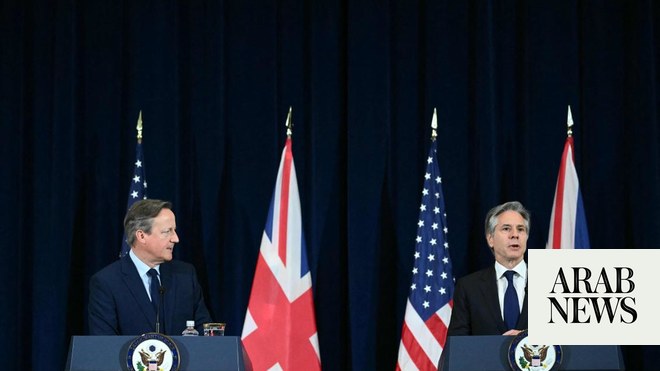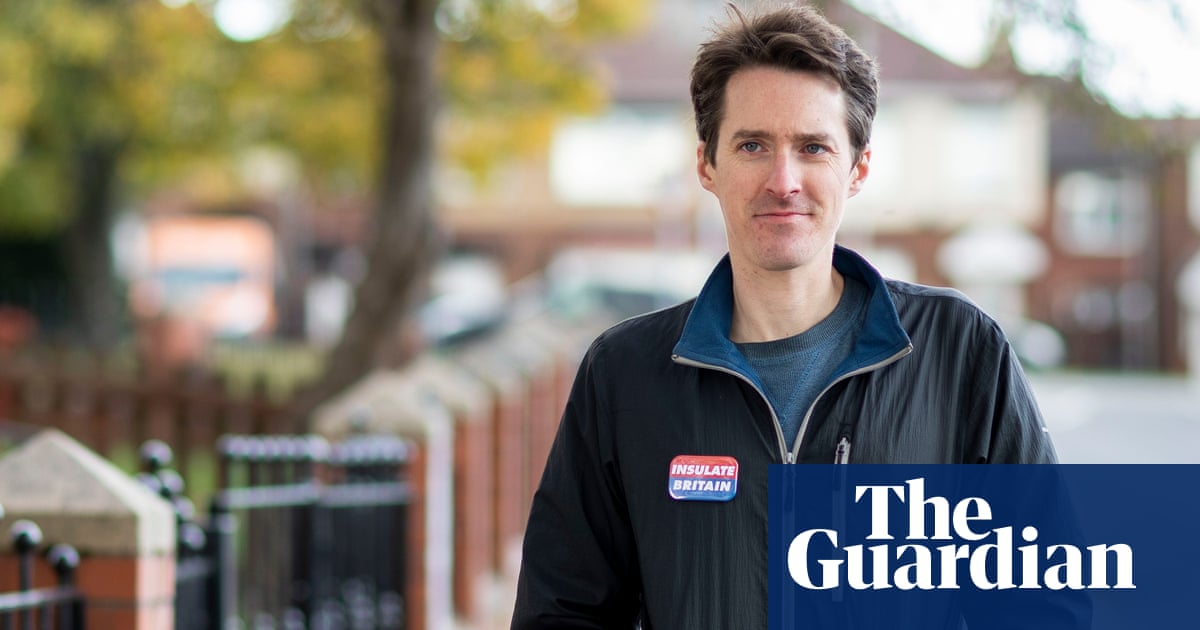
An Insulate Britain activist has told the high court he will “block the highway at the earliest opportunity” if he is not jailed for breaching an order banning the group from protesting on the M25.
Ben Taylor, 27, was one of nine members of the climate activist group to appear at the royal courts of justice in London on Tuesday accused of breaching the injunction granted to National Highways by blocking a roundabout on London’s orbital motorway.
Dr Ben Buse, 36, Ana Heyatawin, 58, Louis McKechnie, 20, Roman Paluch-Machnik, 28, Oliver Roc, 41, Emma Smart, 44, Tim Speers, 36, James Thomas, 47, and Taylor all face a potential two years in prison and unlimited fine.
All but Buse defended themselves in court and were invited to respond to points made by lawyers for the claimant. In a statement echoed by all defendants, Roc, from London, told Dame Victoria Sharp, president of the Queen’s Bench Division, and Mr Justice Chamberlain: “I’m proud of our actions and I stand by what we have done.”
He went on: “We obviously didn’t do this for personal gain. We did take responsibility for our actions, and I did them in an attempt to mitigate the suffering of people in this country who cannot insulate or adequately heat their homes.”
Taylor told the court that if the judges did not send him to prison he would “go out and block the highway at the earliest opportunity”, adding: “And I will continue to do so until the government makes a meaningful statement and fucking acts on it,” he said, spurring a rebuke from Sharp for his language.
“If you send me away to prison, 10 people will step forward in my place,” Taylor said. “If you send each of us away, 100 people will step forward and take our places. If you send 100 of us away, 1,000 people will step forward to take our place.
“If you somehow manage to stop all non-violent protests, then things will only turn violent.”
Since beginning their campaign of disruptive road protests on 13 September, Insulate Britain’s activists have taken action on 19 different occasions on roads in and around London, at the port of Dover and, latterly, in Manchester and Birmingham.
They are calling on the government to agree to a programme of insulating all Britain’s homes by 2030, starting with social housing, as a first practical step towards tackling the climate crisis. So far 174 people have been arrested 857 times as part of the campaign, according to the group’s own estimates.
Myriam Stacey QC, representing National Highways, told the court the nine defendants were among 15 to 20 activists who blocked a roundabout leading to the M25 near Waltham Cross on 8 October. The protest was in breach of an injunction granted on 22 September banning the group from protesting on the M25.
A National Highways official had described Insulate Britain’s protests as “unprecedented and sustained”, Stacey said. She read out lines from press releases and social media postings by the group that made clear they knew they were in breach of court orders, and that they knew they were causing major disruption.
Stacey said the court should take into account in deciding on a sentence that the defendants were engaged their right to protest. But, she added: “Everyone is bound by the law. The right to protest is not absolute.”
The case continues. Sharp said she would give her verdict on Wednesday at 10am.











